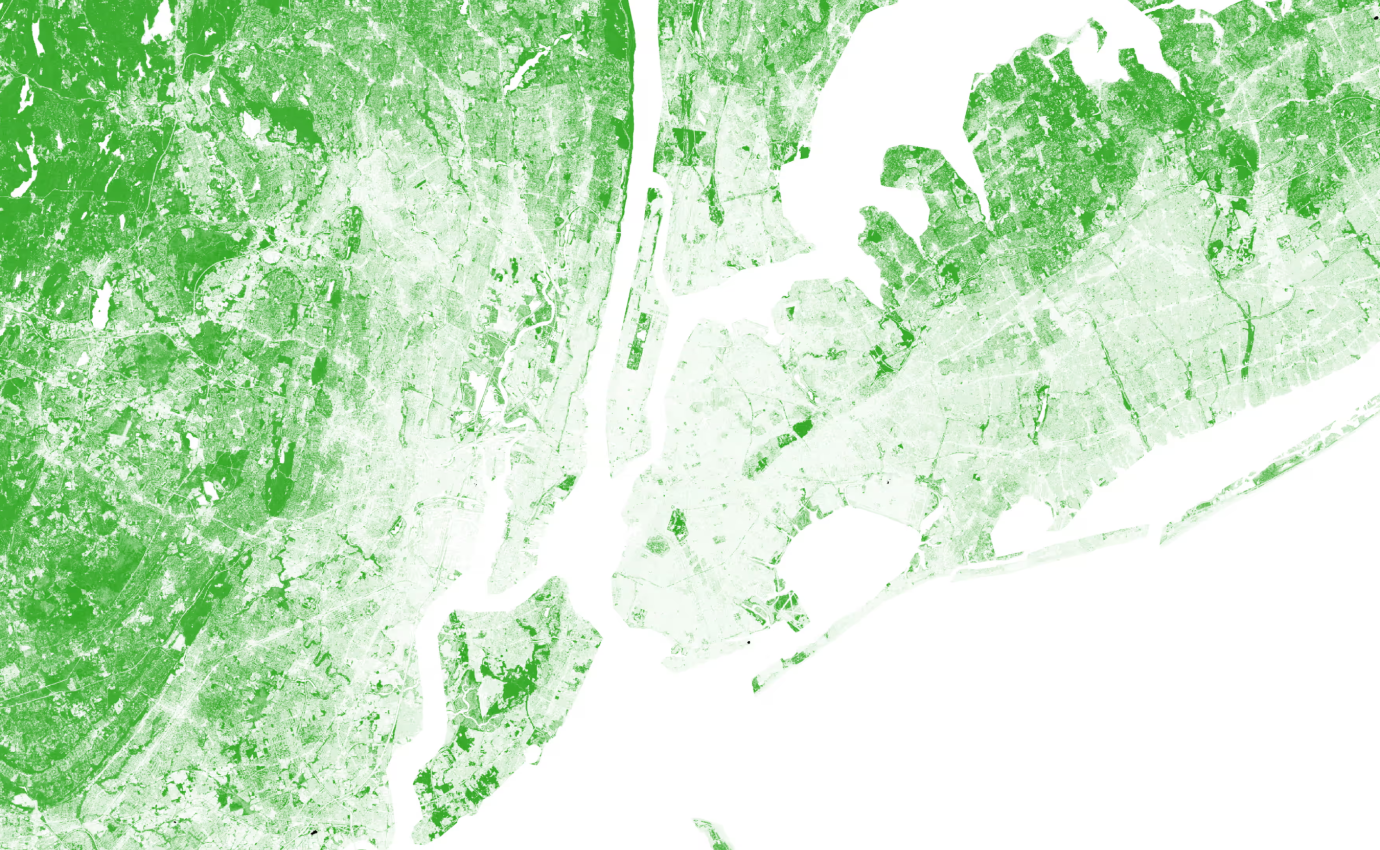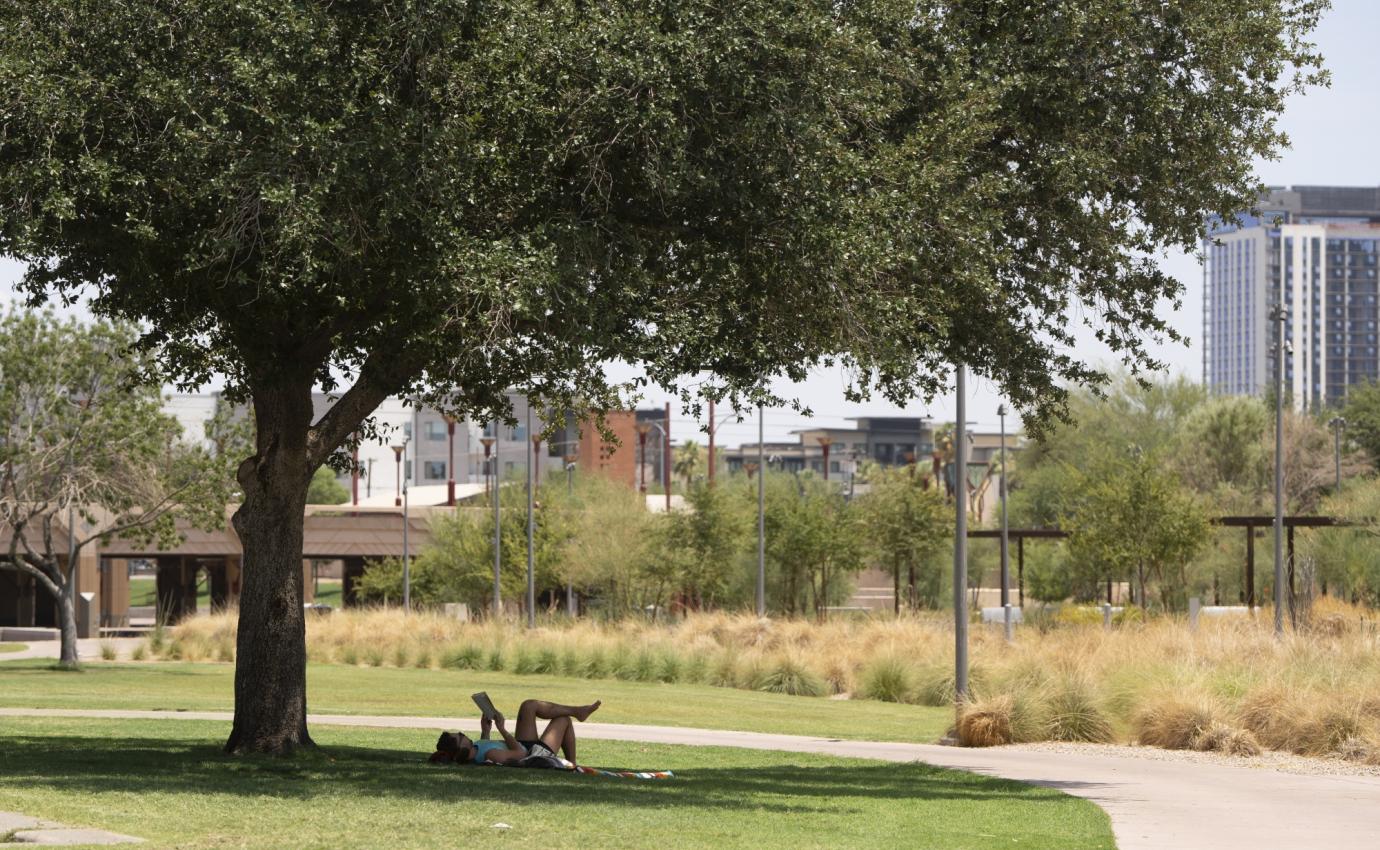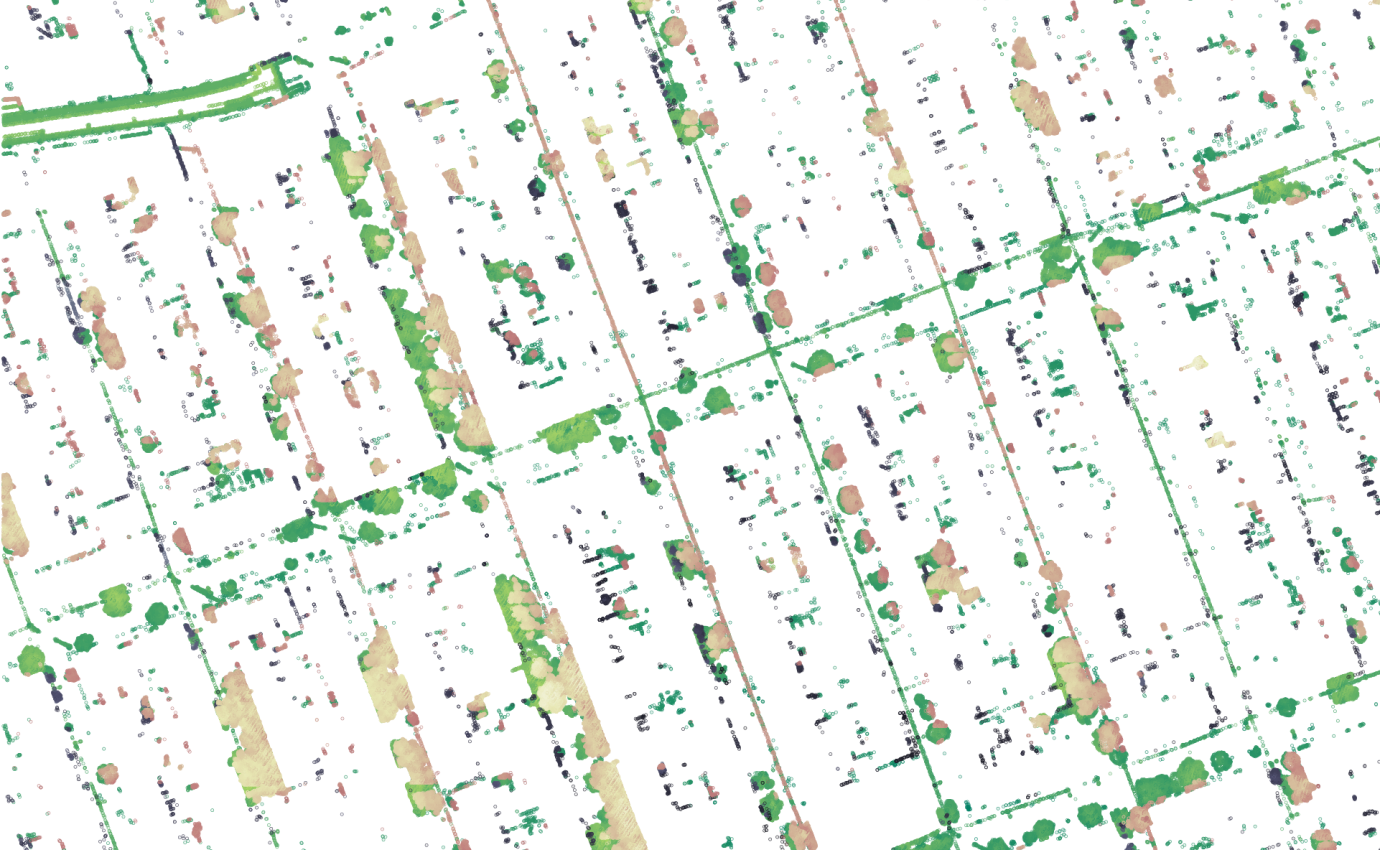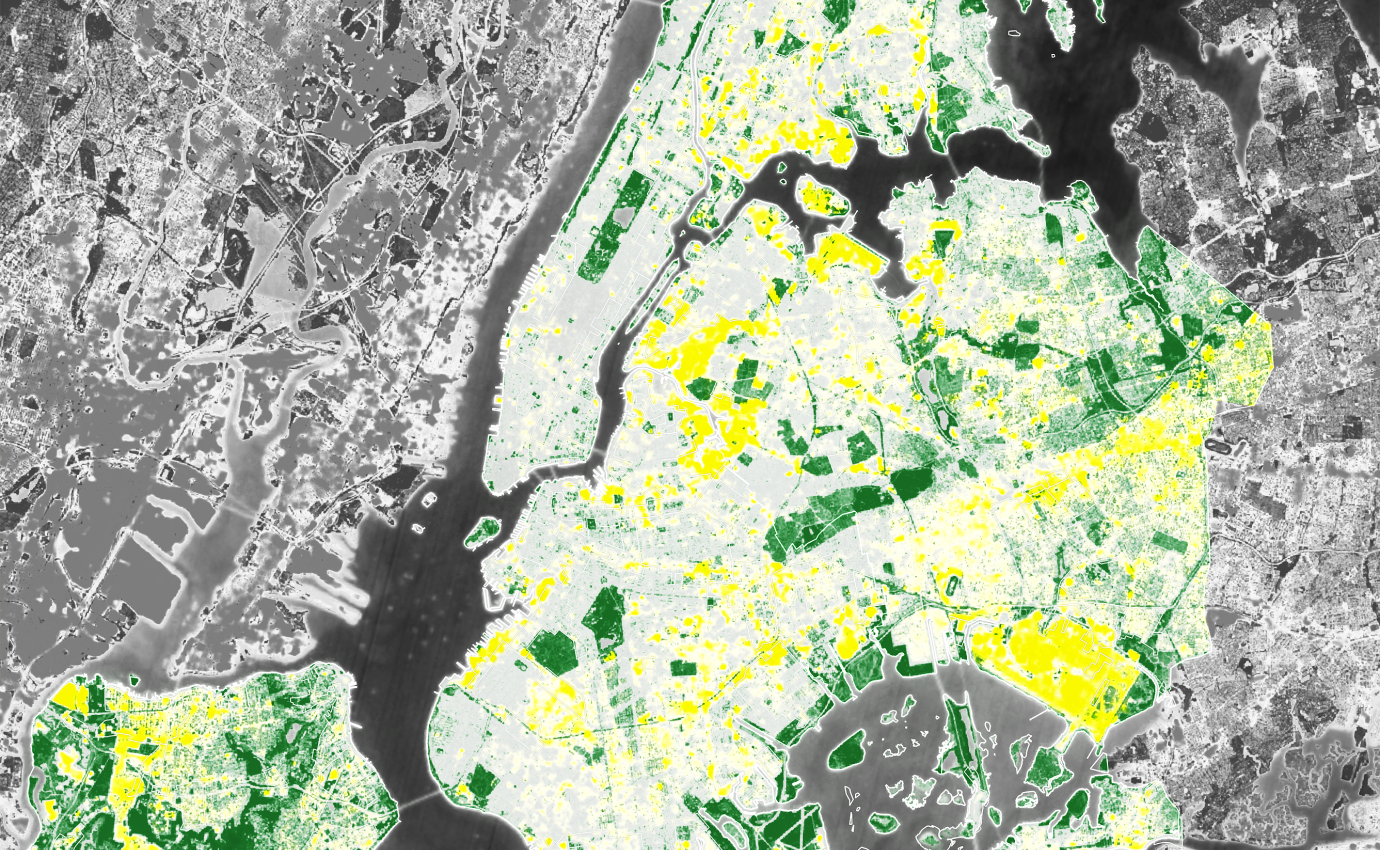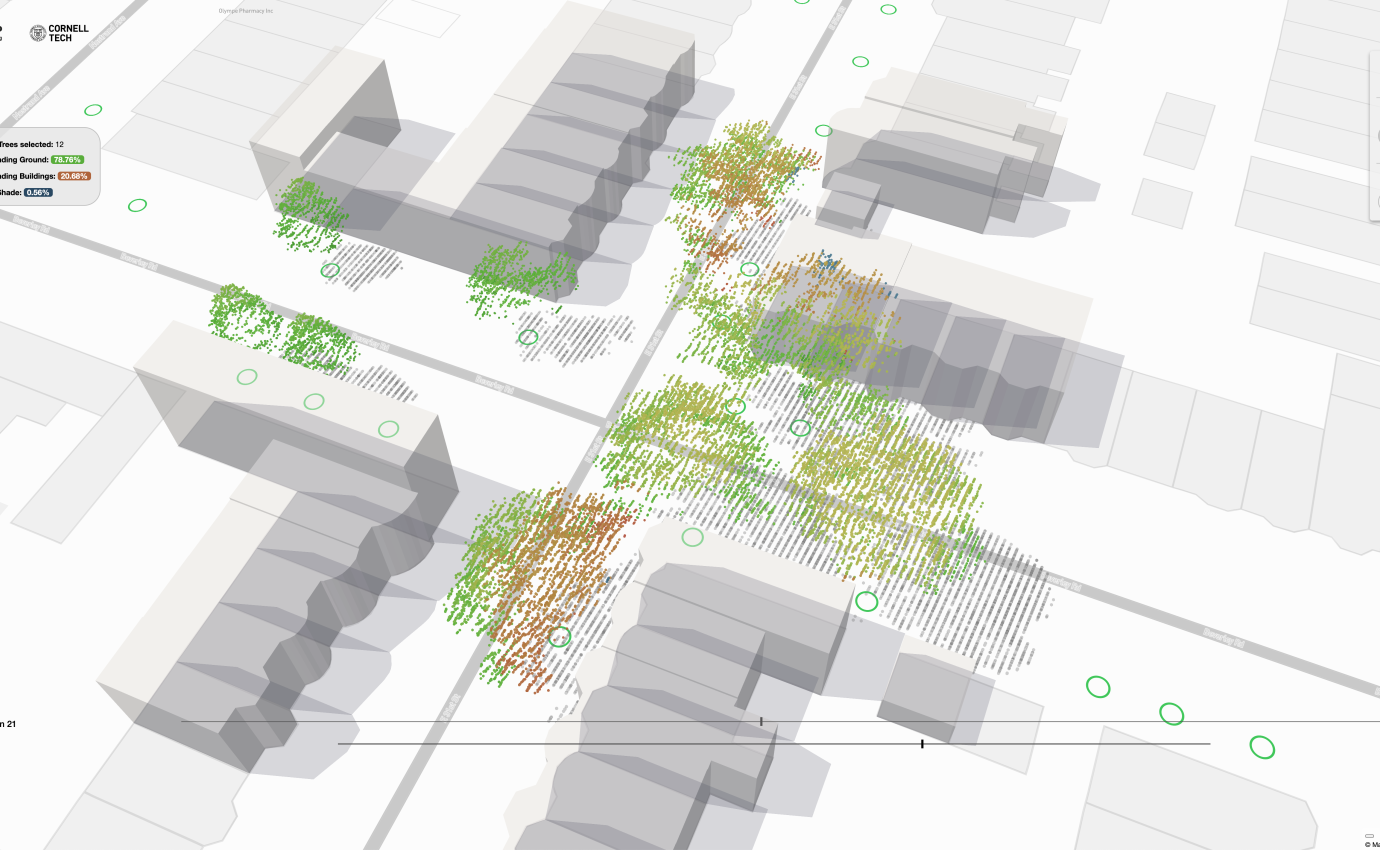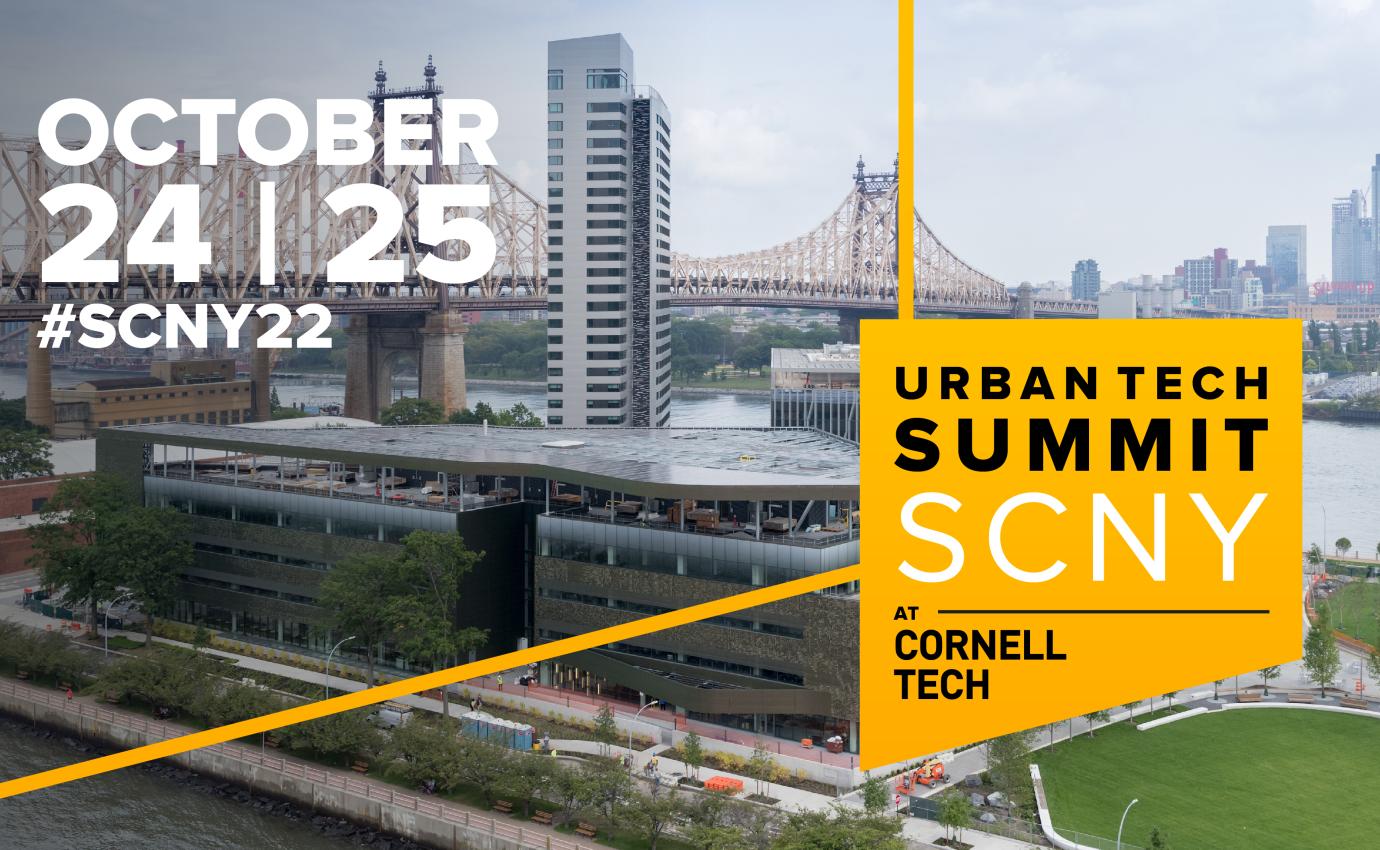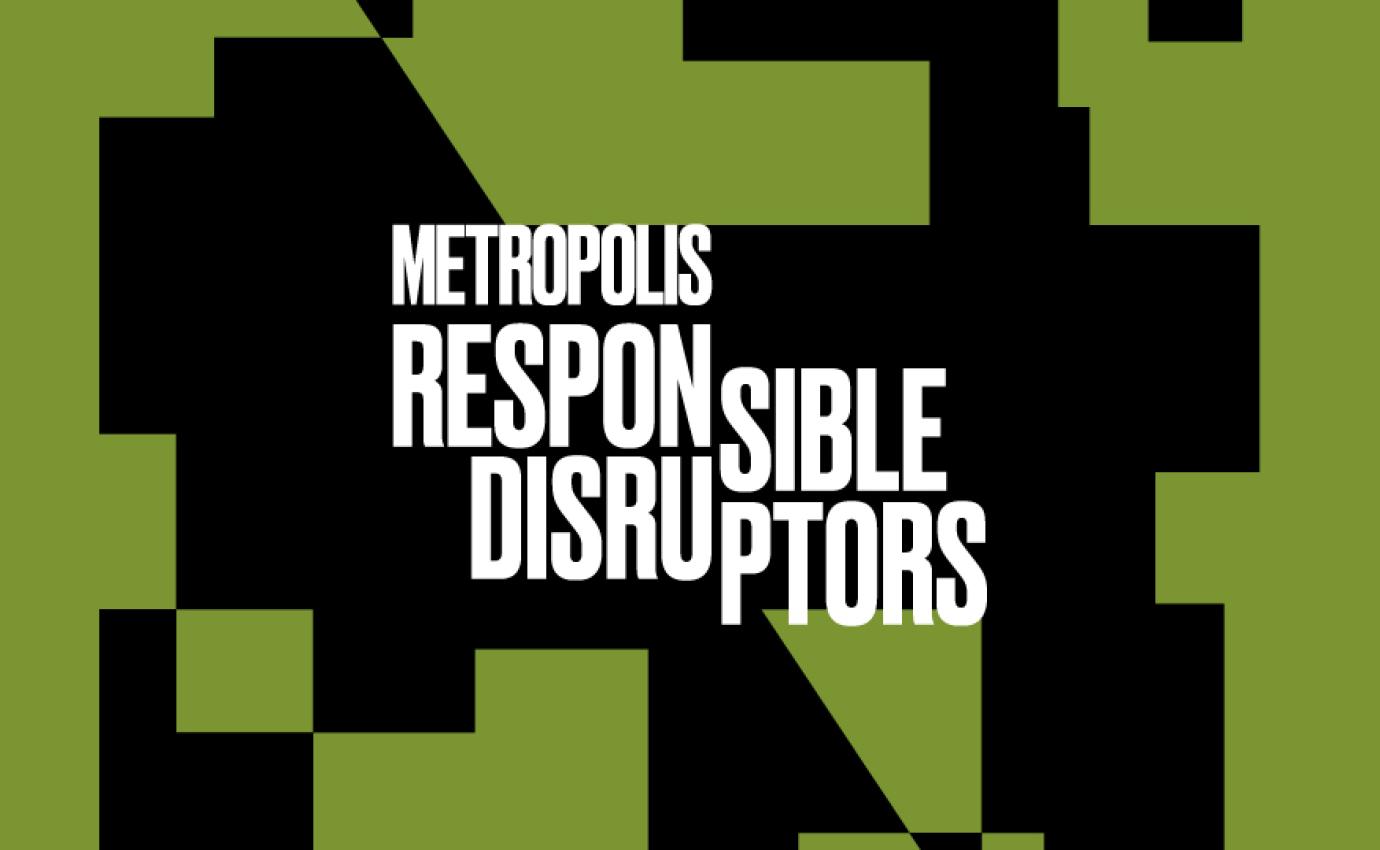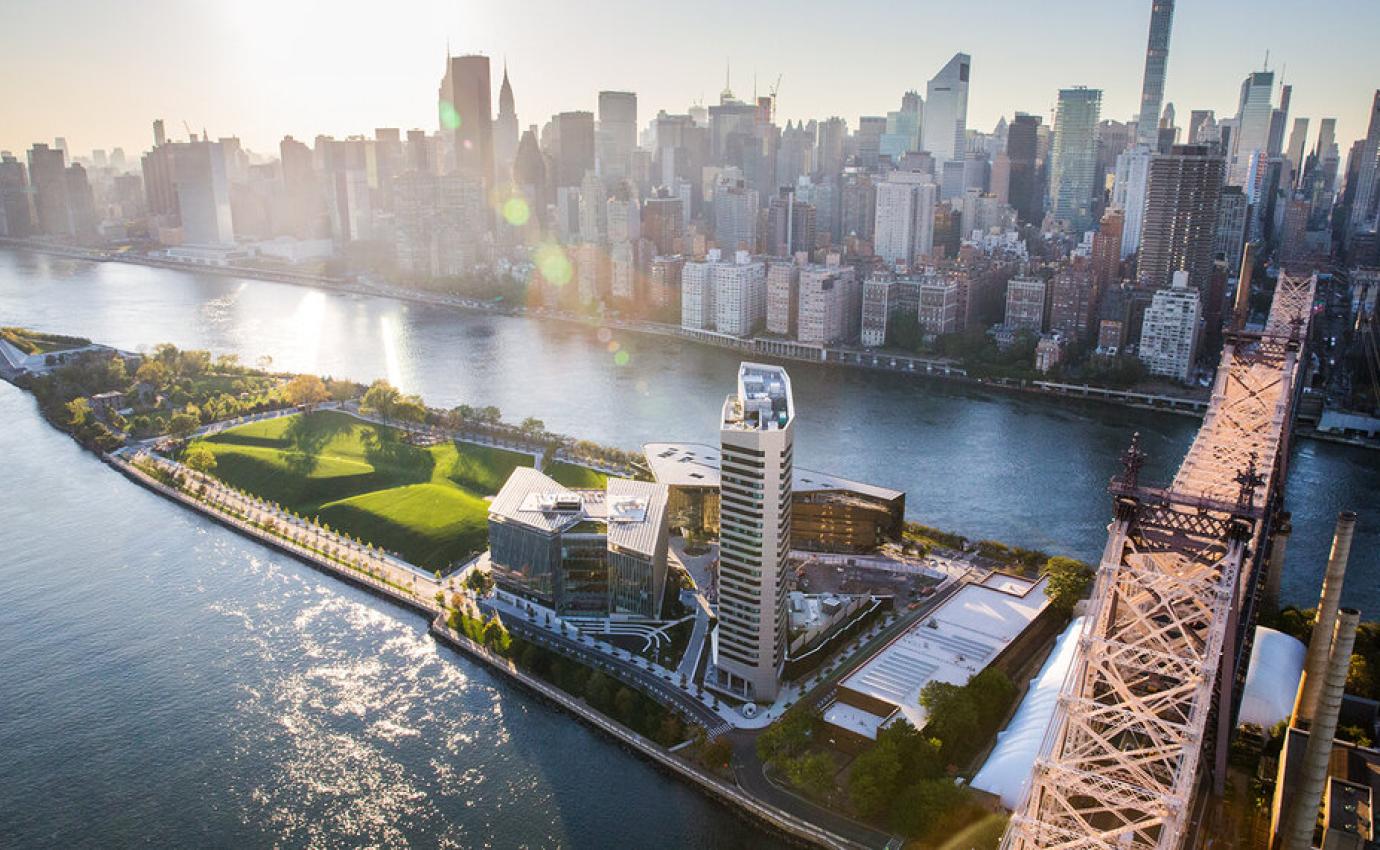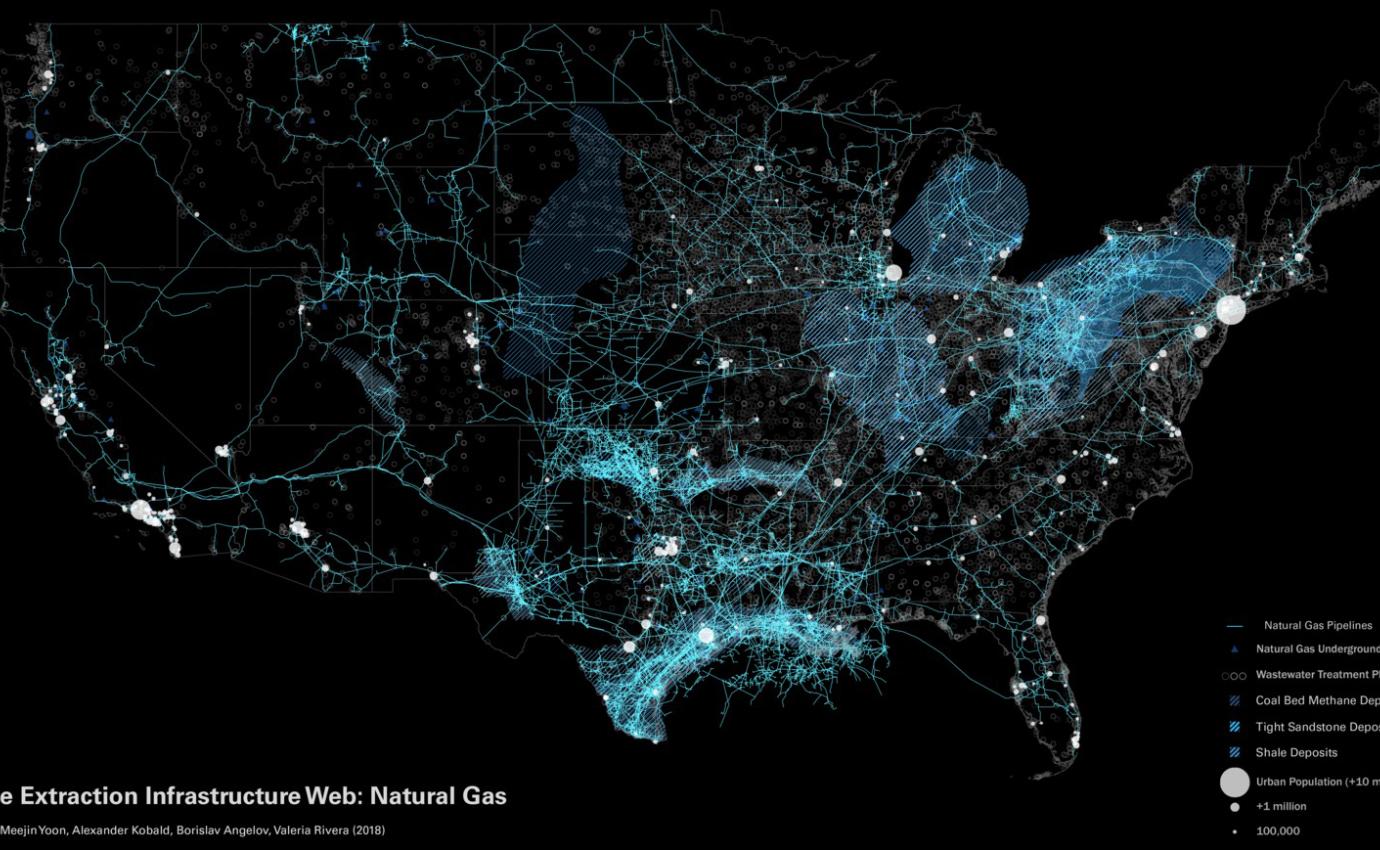News & Updates
November 30, 2023
New York will plant thousands of trees using new tech to maximize foliage impact
City council calls for an increase of the urban forest – currently comprising 5.2m trees – even as the mayor demands cuts in spending. The Guardian interviews several research teams, including Lab Co-Director Alexander Kobald, about new technologies that have the potential to improve tree planting strategies in New York City.
October 9, 2023
When It Comes to Urban Trees, More Isn’t Always Better
Alexander Kobald, co-director of the Design Across Scales Lab, authors an Op-Ed in Bloomberg CityLab, using Tree Folio NYC to illustrate the need for cities to develop better tools that help understand the individual climate vulnerabilities residents face and develop adaptation strategies that respond to local needs.
August 21, 2023
New Yorkers, how much shade does your street really have? This map will tell you.
A new Cornell University study offers clearer details on how much shade New York City trees provide. A new Cornell University study offers clearer details on how much shade New York City trees provide. The researchers found that not all trees throw the same shade – even when they’re the same size. Factors such as a tree's health, canopy size and its distance to another tree influence its cooling effectiveness.
August 14, 2023
Throwing Shade: Model maps NYC street trees' cooling benefits
Cornell researchers’ “leaf-level” visualization of every tree in New York City – and how much shade each provides – could inform new strategies for mitigating extreme heat there, and in other cities coping with record-breaking temperatures.
May 1, 2023
BOOM 2023 Student Technology Competition
Graduate students and Lab research assistants Sarang Pramode, Jiahao Dong, and Joe Ferdinando received two recognition awards for their work on Tree Folio NYC at the 2023 Bits On Our Minds (BOOM) student competition for technology projects. The awards included the Statistical Science Faculty award and Air Liquide sponsor award.
October 24, 2022
How Can Digital Twins Improve Urban Forests?
Lab co-director Alexander Kobald and research assistants Sarang Pramode and Joe Ferdinando led a workshop discussing the value of improved data collection and analytical tools to improve the understanding of urban canopies and the importance of leveraging these technologies for more effective and equitable tree planting strategies.
February 15, 2022
Tree Folio, NYC for honorable mention in Responsible Disruptors Program
Disruption in technology is often associated with negative consequences like social disorder, environmental degradation, and economic marginalization. Facebook (now Meta) founder Mark Zuckerberg summed up this ethos with his early motto “Move fast and break things.” But disruption can also be beneficial. When done right, it can encourage health, wellness, efficiency, and equity. In that spirit, Metropolis is thrilled to share Tree Folio, NYC as an honorable mention in its inaugural Responsible Disruptors program, honoring A&D technology projects that represent significant change for the better.
November 8, 2021
SCNY Urban Tech Summit 2021
As New York emerges from COVID-19, cities around the world are making a new commitment to building a more inclusive, sustainable future through urban tech. Associate director Alexander Kobald joined the Wild + Well panel to participate in a discussion focused on our expanding ability to map and model the natural elements of our human-made world and how urban tech will help us all protect, and benefit from, the wild within cities.
October 27, 2020
Quad art installations make physical distancing more social
“Cornell: Safely Together” is a student lead installation with the goal of making COVID-19 social distancing on the Cornell Ithaca campus a little more social. Featuring designs by former DAS researchers Cait McCarthy, Jordan Young, and Ihwa Choi. The project was coordinated by Design Across Scales Lab associate director Alexander Kobald.
May 9, 2019
The Extraction Infrastructure Web
The visualization of the interlinked extraction infrastructure network brings an awareness of the extents and expanse of energy enterprises with its effects on the city and region. As cities become more aware of their energy footprints, the web of infrastructure that enables them, and their extended environmental impacts, how will they seek sustainable solutions that benefit both urban and non-urban territories alike?



